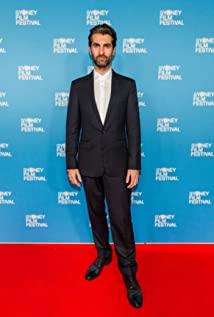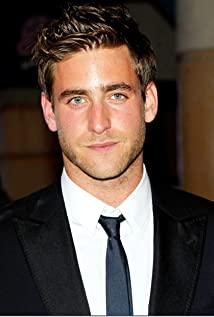(Text/Yang Shiyang)
From a certain perspective, horror films are a kind of "politics", or vice versa, politics itself has elements of horror films. This type of film is naturally suitable for expressing ideology. For some time, horror films have finally found a new creative paradigm. It breaks away from the old-fashioned blood clots and surprises, and effectively iterates itself. For example, the famous "Escape from Deadly Town" focuses on Racial issues, "We" asks about broader American history and their own identity, the niche "Under the Shadow" writing about women suffocated under the curtain of totalitarianism, to a certain extent, this change is no less than the reasoning of the year. The social revolution in the history of the novel has found a new way out for indulging in self-repetitive innate reasoning.
That's right, the type of horror and political issues are naturally matched. Look at the eighth season of the famous "American Horror Story". The description of the PTSD of Trump's power system, the form and content really complement each other and achieve each other. The recent hot two movies are even more so. Spain's "Hunger Platform" compressed a world into a three-dimensional prison, and "The Invisible Man" turned the domestic violence situation faced by women into a strange crime.
"The Invisible Man" started from an escape. Cecilia got rid of her controlling boyfriend and escaped from the lonely mansion. She slowly adjusted to her new life, tried to go out, and tried to find a job, but found that she seemed to always Someone was watching him in the dark. She told others that people thought she was nervous, not to mention that news came that the control freak had committed suicide. But things gradually got out of control, she was convinced that the invisible man existed, and she herself was betrayed by others.
It is not so much that "The Invisible Man" writes a story, it is more like a state, psychology, feelings and situation, the kind of people who are in domestic violence and distorted control relationships, facing the surroundings do not understand His eyes and the ridicule that the person concerned made a fuss made the victim himself fall into a kind of self-doubt and denial.
If you have to consider this movie as a suspense film in the traditional sense, "The Invisible Man" is of course full of bugs. Let alone whether the weird technology in the film can really be realized, it will be said that the invisible man appears again and again. In rooms, restaurants, hospitals and even police stations, you can just think of a way to make people around you believe in his existence, but in this world it seems that everyone is drunk and only the heroine is alone. Therefore, we need to look at such works from a different perspective. "The Invisible Man" and similar types are a "freehand" way, not realism. It is impossible to explore the realization of technical settings according to the standards of hard science fiction and basic reasoning. Whether the grass snake gray line of sex and deceit is arranged properly, it is more about showing an atmosphere, field and most importantly-metaphor. That’s right, these kinds of stories today are reaching the end of the metaphor through certain settings with sci-fi and fantasy colors, such as "Blindfold Your Eyes", such as "Hunger Platform", and "The Invisible Man" it's the same.
"Invisible" is the title and core of this story. The women it implies are under a diffuse violent prying eyes, sometimes visible and sometimes reclusive. Under such circumstances, others will only treat women His trembling is an inexplicable neurotic reaction. The dangerous "intangible" feature puts the victim in an "unspeakable" strange situation, and being unspeakable means that he cannot be protected. The "invisible" of the perpetrator leads to the "isolation" of the victim. This approach has become a universal description of women's embarrassment in the hidden violence in the overall sense from history to the present.
The whole story of "The Invisible Man", whether it is those exaggerated stealth equipment, brutal homicides, or disputes after the intervention of the police, from common sense, is full of flaws, but it obviously does not want to focus on this, what it wants to do is Use a method to reshape the feelings that can be perceived and commonly talked about, but are difficult to describe in life. The use of "intangible" to "shape" is the most interesting part of this movie. It looks contradictory but is actually accurate.
Elizabeth Moss, the face of the protagonist of "The Handmaid's Tale", is too suitable for this theme. She plays Cecilia with fear, trembling, a little distortion and deep tenacity. This story can become so popular. In the final analysis, in addition to the fine description of fear, it also lies in the ending of the euphoric revenge. A tortured woman who is dying, transforms herself and uses her own way to return her body, lynching. The comfort of revenge has become the psychological comfort of many weak people in reality. The types of horror and suspense should continue to expand along this path. This category is destined to not only stop at the level of sensory stimulation, it has too much room for excavation.
(This article was first published in China News Weekly)
View more about The Invisible Man reviews











